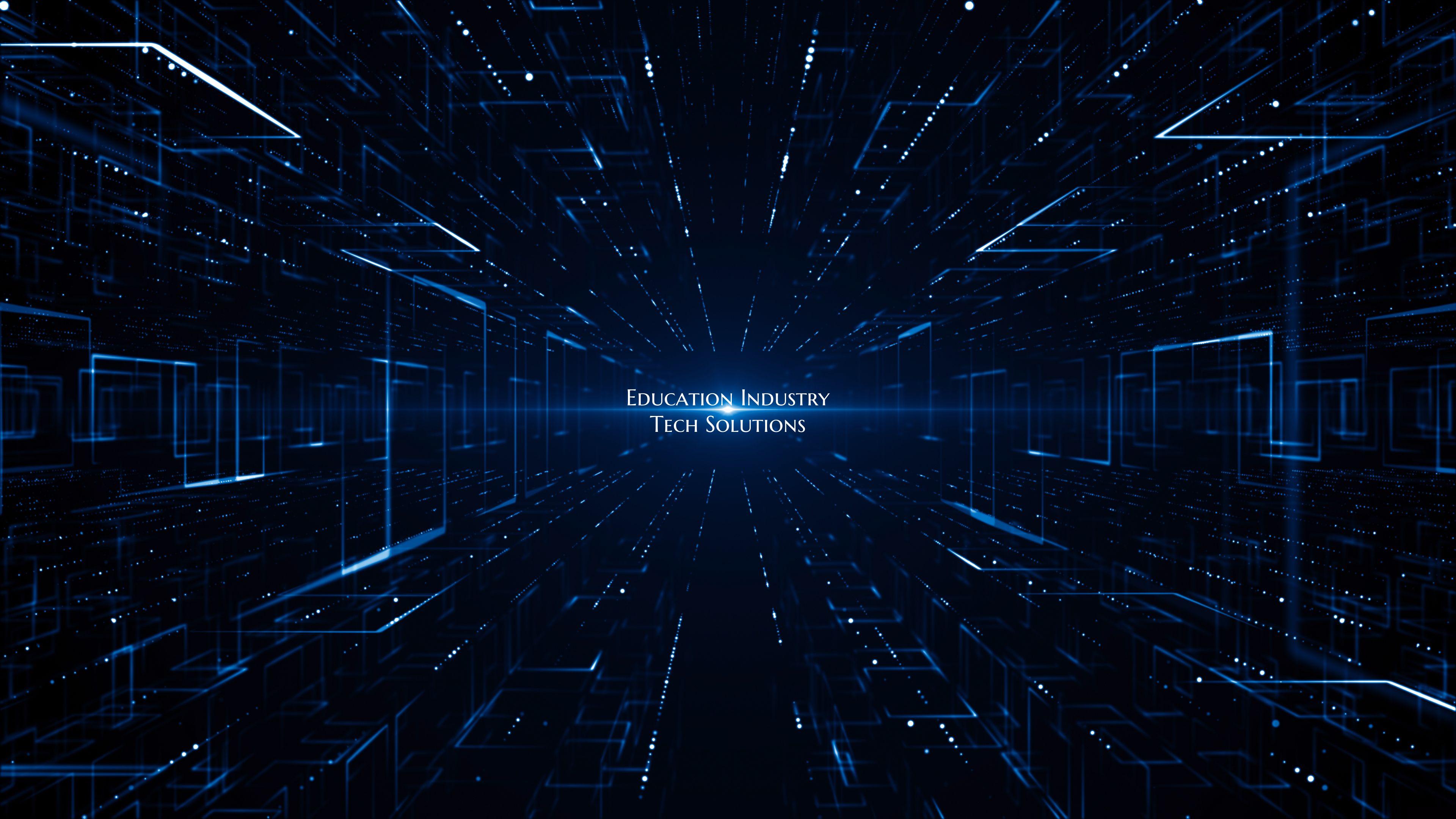Education Industry Tech Solutions
In today's digital age, the education industry is leveraging cutting-edge technology solutions to transform teaching and learning experiences. From online learning platforms to smart classrooms, technology is revolutionizing the way information is disseminated and absorbed. Let's take a closer look at how tech solutions are reshaping the landscape of education.
1. Online Learning Platforms: With the rise of online learning platforms, students can access educational content anytime, anywhere. These platforms offer a wide range of courses and resources, allowing learners to personalize their learning experience. Whether it's through video lectures, interactive quizzes, or virtual classrooms, online learning has made education more accessible and flexible.
2. Adaptive Learning Systems: Adaptive learning systems use algorithms to analyze students' learning patterns and deliver customized content to meet their specific needs. By adjusting the pace and difficulty of the material based on individual performance, these systems help students learn more effectively and efficiently. This personalized approach to learning maximizes student engagement and improves outcomes.
3. Virtual Reality (VR) and Augmented Reality (AR): VR and AR technologies are revolutionizing the way students interact with educational content. Through immersive experiences, students can explore virtual worlds, conduct experiments, and visualize complex concepts in a way that traditional teaching methods cannot replicate. These technologies make learning more engaging and impactful, leading to better retention of information.
4. Smart Classrooms: Smart classrooms are equipped with interactive whiteboards, tablets, and other devices that enhance the teaching and learning process. These tools allow teachers to deliver dynamic and multimedia-rich lessons, cater to diverse learning styles, and create a collaborative learning environment. Smart classrooms promote active participation, critical thinking, and creativity among students.
5. Learning Management Systems (LMS): LMS software streamlines administrative tasks, such as course management, attendance tracking, and grading, enabling educators to focus more on teaching. These platforms also facilitate communication between teachers, students, and parents, fostering transparency and accountability in the learning process. LMSs play a crucial role in organizing and delivering educational content efficiently.
In conclusion, technology solutions have the power to revolutionize education by making it more accessible, engaging, and effective. By embracing innovative technologies, the education industry can meet the evolving needs of students and educators in the digital age. As we continue to advance in the field of education technology, the possibilities for enhancing teaching and learning experiences are endless.

